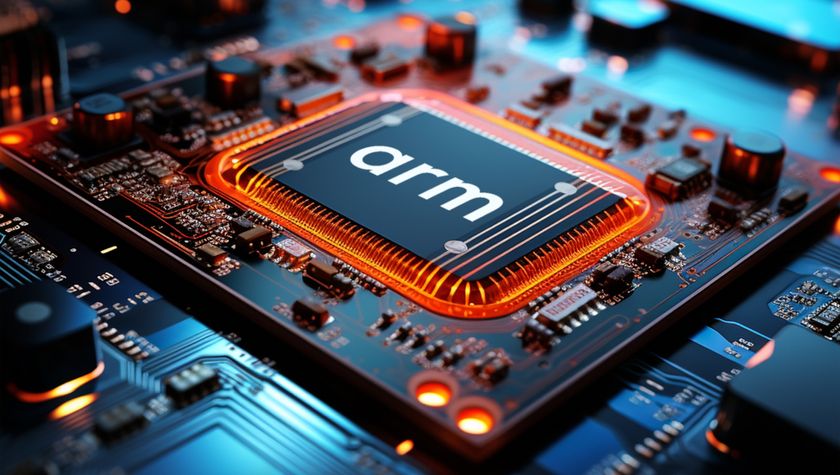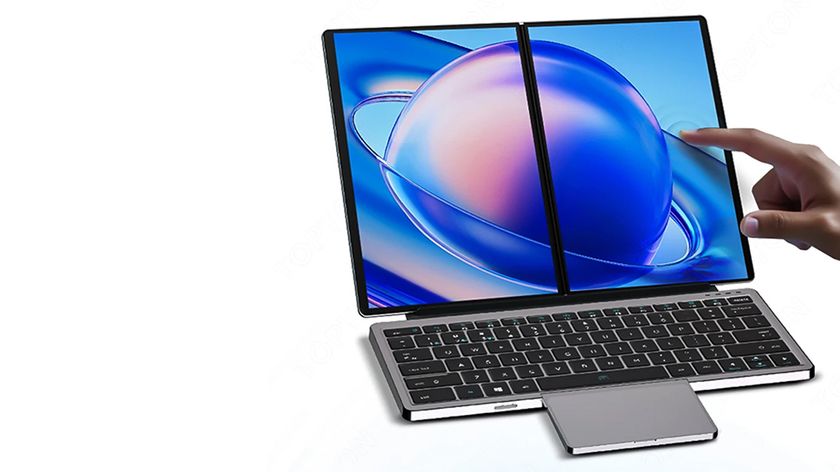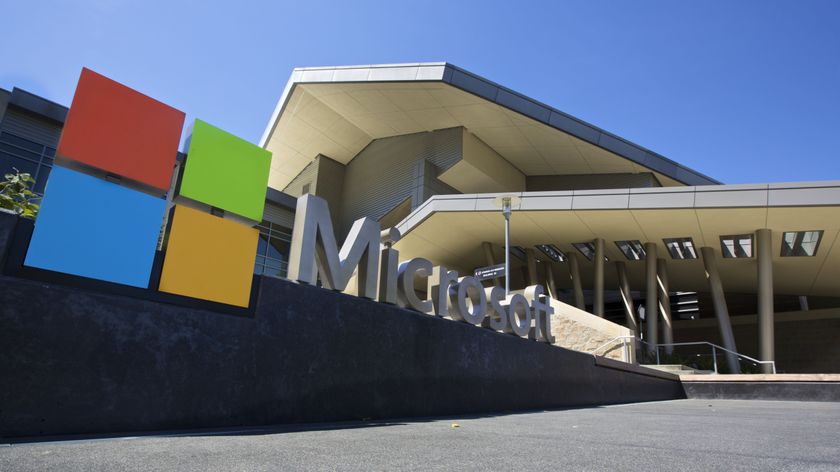SK Hynix admits some of its DRAM shipped with defects
Don’t believe the rumors, SK Hynix says

The world’s second-largest memory manufacturer, SK Hynix, has admitted to reports that some of its shipped DRAM components had manufacturing defects.
South Korean newswire Yonhap has reported on rumors that claim that about 240,000 DRAM SK Hynix wafers are defective - a sizable chunk of SK Hynix’s monthly production run, based on the company’s official estimates.
In addition to a revenue loss, the rumored number of defective chips could also severely impact the already stretched silicon availability amidst the ongoing chip shortage.
- These are the best RAM currently available
- Check our collection of the best SSDs
- We've also built a list of the best workstations on the market
“Within acceptable limits”
While the company confirmed the presence of the DRAM defect in one of its products in an email to The Register, it was quick to add that the size of the problem isn’t as severe as the rumors claim.
Although it refused to share recent production quality metrics in the email, the company claimed the “scale of the potential losses mentioned in the rumor is absolutely not true and exaggerated.”
In fact, SK Hynix further stated that the damage is within acceptable limits.
“While it’s too early to estimate the potential losses, we don't think they would be that significant as the defect is within the range of typical quality issue check,” wrote SK Hynix in the email.
Are you a pro? Subscribe to our newsletter
Sign up to the TechRadar Pro newsletter to get all the top news, opinion, features and guidance your business needs to succeed!
The company has also reportedly lodged a complaint and asked the law enforcement agencies to look into whoever leaked the news.
- Also check our collection of the best secure drives around
Via The Register
With almost two decades of writing and reporting on Linux, Mayank Sharma would like everyone to think he’s TechRadar Pro’s expert on the topic. Of course, he’s just as interested in other computing topics, particularly cybersecurity, cloud, containers, and coding.












